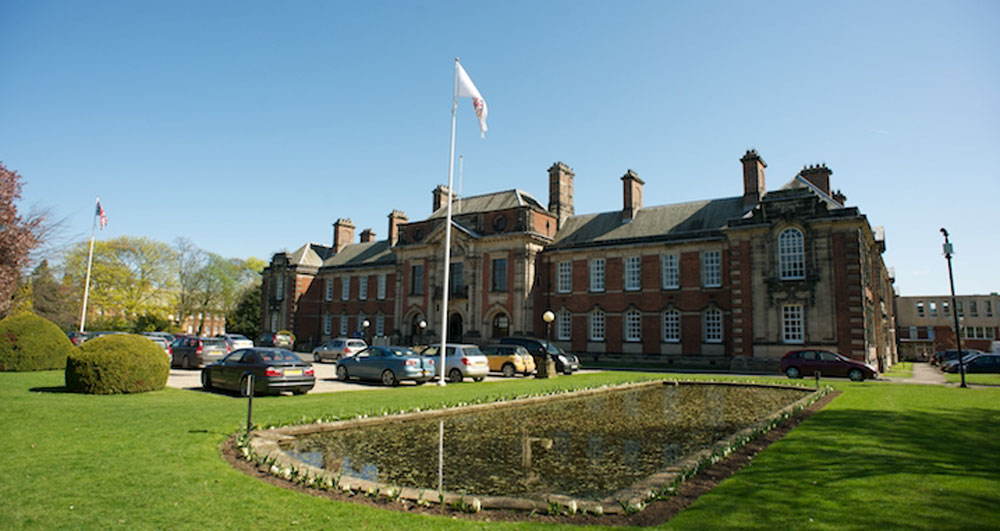North Yorkshire County Council’s Executive met today to consider the budget in the light of the council’s savings requirement and the progress of its service transformation programme.
Members voted unanimously to recommend a 1.99 per cent general council tax increase along with a 2 per cent social care precept after being told that they had “no choice whatsoever” if the county council was to continue to prioritise frontline services through the delivery of its change agenda.
Even with the tax increases the county council will still have to find a further £50m from its revenue budget by 2019/20 as a result of Government cuts. The County Council already has plans for £36m but there is a remaining savings gap of £14m. Without the tax increase for the next four years the county council would face a savings gap of £56m.
County Councillor Gareth Dadd, North Yorkshire’s Deputy Leader, who also has budget responsibility, said members had no choice whatsoever but to recommend the 3.99 per cent tax increase. He said the council had a duty to prioritise services which protected the most vulnerable in society, but it also needed to continue to invest in programmes such as superfast broadband and tackling potholes on the county’s extensive roads network in order to boost growth and economic development in the county.
Cllr Dadd said:
We have delivered savings so far in a way that has been sensitive to the needs of the county and we want to continue in this way.
We have not slashed and burned as some councils have done; this year’s budget is part of a carefully planned nine year innovative savings programme to prioritise the frontline. Today’s recommendation is based on our wish to be able to continue with this programme.
We will now go away and work on a plan to save the outstanding £14 million.
The county council’s pioneering 2020 North Yorkshire programme requires a smaller council, more flexible and agile, enabling and supporting others, particularly within local communities, to deliver for themselves, and providing strong leadership on issues which are important to the people of North Yorkshire.
Even if the County Council agrees to introduce a 3.99 per cent increase in council tax at its quarterly meeting next week (February 24th), it will need to make savings of a further £50.3m by 2019/20 on top of the £116m made between 2011/12 and 2015/16, giving a total of £166.3m over the decade. This represents a reduction of about 33 per cent in the council’s spending power. Smaller council tax increases would mean even bigger savings have to be found.
The County Council’s Leader, Cllr Carl Les, thanked the Communities Secretary, Greg Clark, for listening to the case put forward by the county council and other shire counties for fairer funding between rural authorities and metropolitan areas. He also thanked the county’s MPs for lobbying on the county council’s behalf and for helping to secure an additional £15m in the final Government funding settlement over the next two years as transitional relief. This helped to reduce the cliff-edge that the Council was facing next year, although the on-going savings requirement by 2019/20 remains unchanged.
Cllr Les said:
We wish to thank our MPs and pay tribute to the Communities Secretary for taking on board our concerns and for providing a final settlement which provides short-term relief to help us to manage the considerable financial challenges we still must face in the longer term. There still remains the important issue of fairer funding for rural areas and I intend to carry on raising this point with Government with the support of our MPs.
Over five years, we have already delivered £116m in savings, the majority of this without impacting upon frontline services. We can now carry on with this programme in a measured way and avoid knee-jerk decisions.
The 2016/17 Revenue Budget recommended today includes a one-off investment of £3 million for a further roll-out of superfast broadband so that the county gets near to 100 per cent coverage (up to 90 per cent of North Yorkshire will have access to superfast broadband by the end of 2016).
The budget also includes a £7.5m capital investment for an increase in primary school places across the county, on the basis that match funding is secured from the Department for Education.







